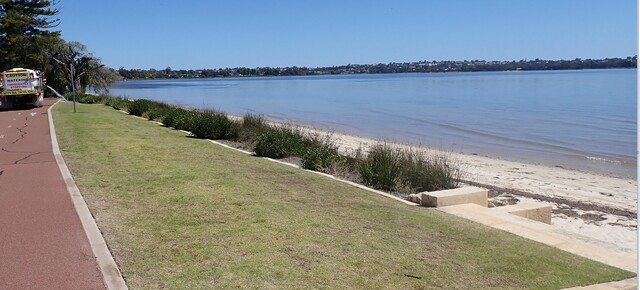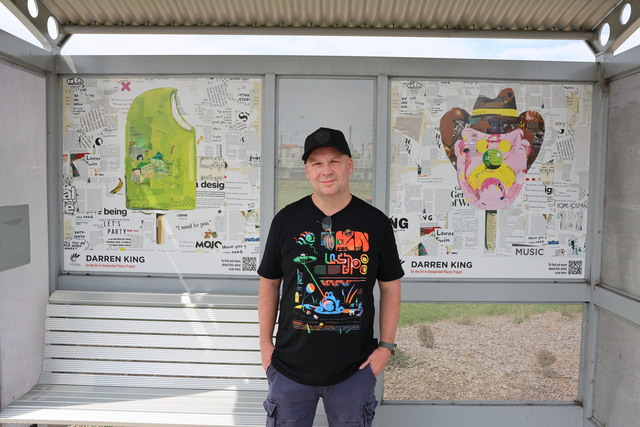Many councils across New South Wales (NSW) are upset as a result of the amalgamations recommended in the ‘Fit for Future’ process. KPMG is copping criticism for shoddy analysis of the economic costs and benefits of the proposed mergers, while ministers, MPs and government officials haven’t escaped their wrath.
Council amalgamations stir passions wherever they occur, none more so than in the regional areas. In this case, the Bush councils have a general concern about Sydney-centric judgements on issues they know nothing about, and particular concerns that the new boundaries don’t reflect the true communities of interest, or that their towns will lose political representation, scarce local government jobs and their place in the overall scheme of things.
The regional councils in NSW have every right to be concerned. Of all the states, NSW is commonly regarded as the weakest in acknowledging the role of regional areas. The old chestnut still holds, namely that NSW stands for Newcastle, Sydney and Wollongong.
But it doesn’t have to be this way. The Baird Government is progressive and has an inclusive approach on a lot of issues. I therefore believe there is an opportunity for rural councils to lay the groundwork for a better deal once the amalgamations are in effect.
The start point might be to accept the bigger Local Government Areas, but to challenge the orthodoxy that the shrinking of small towns is inevitable. The argument is that the nation needs balanced growth, and policymakers need to recognise that there are trends that can now be leveraged to assist this process. For example:
The Australian economy is now more open to the world than ever before as a result of Free Trade Agreements, and theoretically there should be a free flow of people and investment to regional areas.
The growing percentage of migrants should be injecting vitality and enterprise into our communities.
Australia has a preeminent position as a quality food producer with 95% of it grown regionally.
Cheaper telecoms and transport should be attracting foreign investors, tourists and people to regional areas.
However the reality is that these trends are slow to translate to our regional areas. The reason is market failure in two forms – lack of knowledge, and a lack of public investment in regions, caused by government myopia. No wonder the migrants and refugees head straight to western Sydney. Regional councils should thus be laying out alternative scenarios.
The next step might be to challenge the NSW Government to give more thought to creating a new political architecture within councils. The need is for a governance system that brings forward councillors with collaborative skills and community values, and the ability to properly represent the smaller towns and communities. (Property developers rarely fill that bill). A new political architecture might also provide better access to infrastructure and project development funding, rather than the ad hoc approach at present. In this regard, it is noteworthy that the Baird Government is providing infrastructure funds to the new councils to facilitate their adjustment. This should become a permanent feature.
The third step should be for federal and state agencies to work with local councils to identify and realise ‘trigger investments’ in the regions, and especially in small communities. The rationale here is that the development projects in such communities tend to be small with consequently fragile revenue streams. This is the nub of the problem in my view. It requires an understanding by policymakers they can be facilitating growth in small communities by covering off the public interest part of certain investments, thereby laying the foundations for investments by local companies, business migrants and the like.
The above steps might sound a bit fanciful. The way forward might be for a newly-formed council to seek the Premier’s support for it to be first-mover – in other words a guinea pig. You’ve got nothing to lose. Contact me if you need a hand.
Gang of Five
On a completely different tack, there is a strange process underway in Canberra. It involves five Liberal MPs – Tony Abbott, Eric Abetz, Bronwyn Bishop, Cory Bernardi and Kevin Andrews – seeking to pull the Turnbull Camp back to what they think is their Party’s right-wing homeland. These five characters are seriously delusional. Turnbull is systematically seizing the middle ground, and Labor state premiers are unwitting parties in this process.
Food labelling
The Consultation Regulation Impact Statement (RIS) on Country of origin labelling was released in late December. This has been a long time in development. The RIS and the discussion paper indicate that officials have lost sight of the aim of the exercise, namely to introduce a simple and workable means by which consumers can determine the origins of their food. We have been active in this space for a decade, and the traditional line used by the feds has been that the private sector can and should develop its own food labelling regimes. Unless the feds can get it right, we suggest that businesses take the advice and do it themselves.
See for yourself – the documents are on the web.
Rod Brown is a Canberra-based consultant and lobbyist specialising in industry/regional development, investment attraction and clusters, and accessing federal grants. He also runs the Cockatoo Network.
Phone: (02) 6231 7261 or 0412 922 559
Email: apdcockatoo@iprimus.com.au
Blog: www.investmentinnovation.wordpress.com (750+ articles)







